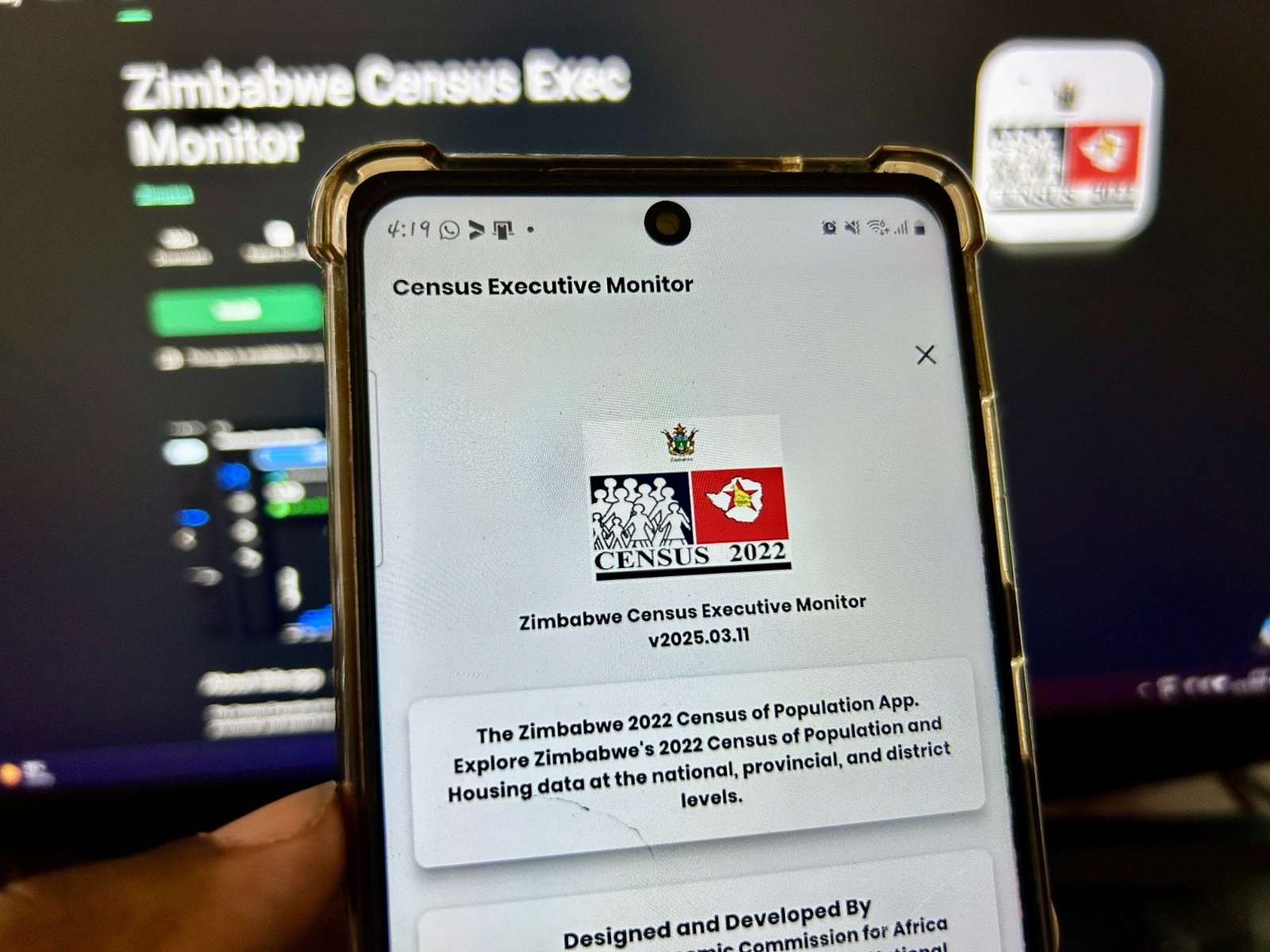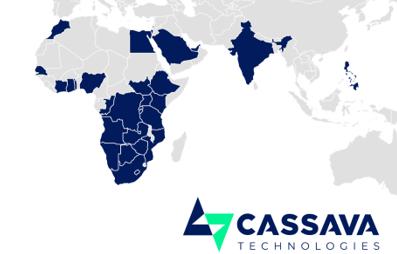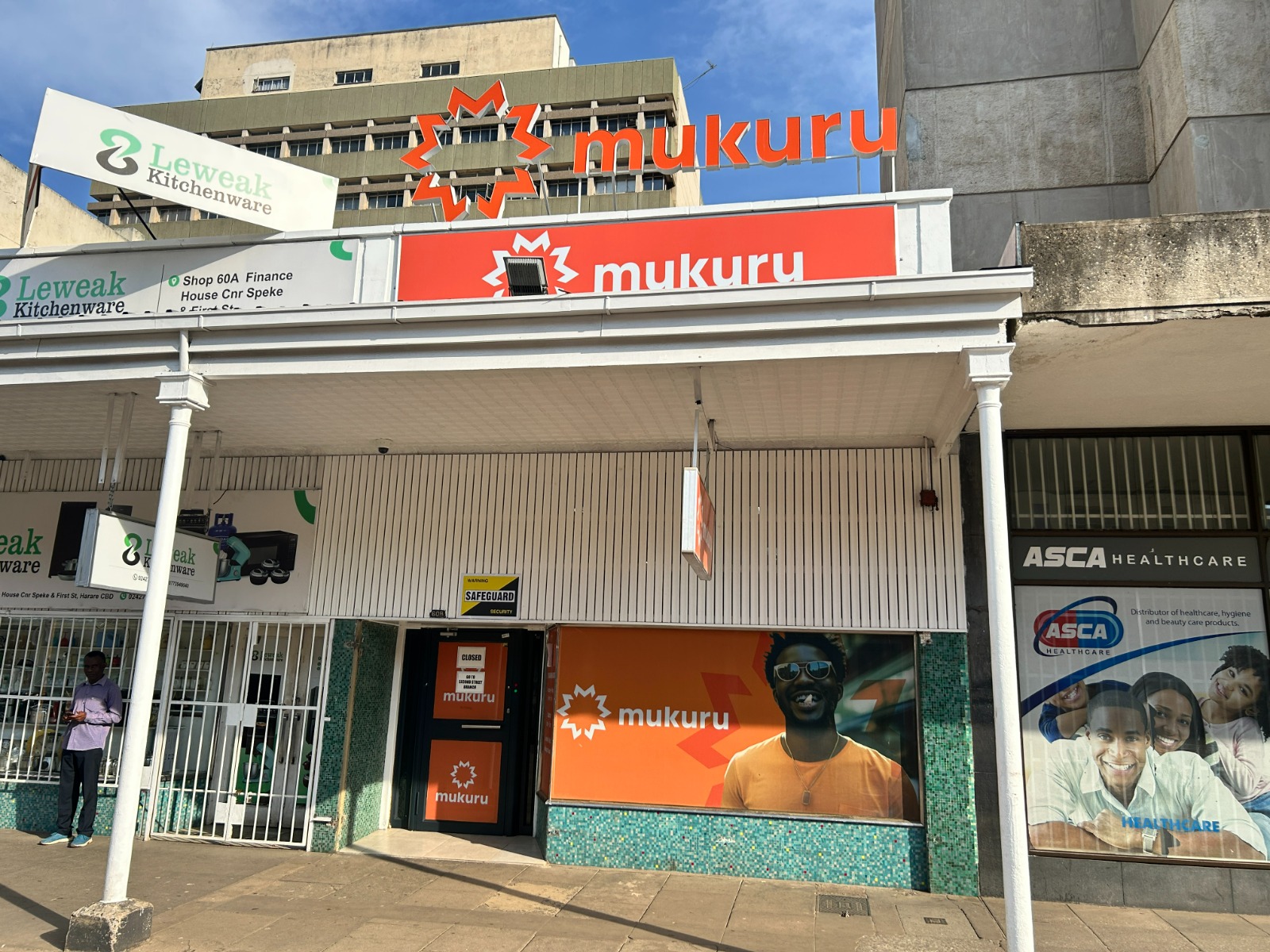 In just a couple of hours the year ends and 2014 rolls along with its high expectations from all of us. But before that happens we thought we’d look back at the highs and lows of 2013. Those moments got us really excited and extremely happy, as well as the other extreme.
In just a couple of hours the year ends and 2014 rolls along with its high expectations from all of us. But before that happens we thought we’d look back at the highs and lows of 2013. Those moments got us really excited and extremely happy, as well as the other extreme.
First the lows, because we’d really love to end with a celebration of the highs!
The lows of 2013
The website hacks
The year started with a lot of websites getting hacked. From banks (Met Bank, MBCA, Tetrad and FBC amoung them), newspaper websites, ISPs to the government. It was so bad we did a post just on this title “Why Zimbabwean websites are increasingly getting hacked”. But as the year progressed, the defacement reduced, we’re sure companies – IT people in the companies that is – started paying more attention to security.
Econet, well EcoCash vs the banks
Predictably, the year started with the two camps fighting over the banks’ access to Econet’s network. The banks basically wanted (still want to this day) to have USSD access to Econet’s 8+ million subscribers and Econet wouldn’t let them. Econet even went to the extent of accusing CABS MD, Kevin Terry, and ZimSwitch, of using the Bankers association of Zimbabwe to fight the EcoCash mobile money product, an allegation, BAZ itself denied. Eventually, Econet made it clear that its intentions were to become themselves the defacto mobile money switch, and that anyone wishing to do mobile money traffic to Econet subscribers could only do it via the EcoCash platform and not at the GSM network level. Indeed Econet was to spend the year aggressively moving to interconnect as many banks as possible reaching what we believe is the critical mass of banks they needed.
The Econet vs Bank story is only classified under the lows because we identify with the need for Econet to give neutral access to their network, but it’s necessary to acknowledge that the company has indeed moved at breakneck speeds rolling out services in ways that we have never known traditional banks to do. If Econet is confident of EcoCash as it should be, they should be afraid of giving the banks neutral access to their infrastructure and compete on convenience and not access.
Econet vs Telecel
 If there’s ever been a year of wars in the mobile operator industry, it was 2013. The two operators, market leader Econet wireless, and contender for the throne Telecel Zimbabwe, would fight at every turn both in the products space as would any competitors, but also some news-making bloody fights that would at one point see Econet completely switch off network interconnection with Telecel. The interconnection blackout lasted more than 2 weeks!
If there’s ever been a year of wars in the mobile operator industry, it was 2013. The two operators, market leader Econet wireless, and contender for the throne Telecel Zimbabwe, would fight at every turn both in the products space as would any competitors, but also some news-making bloody fights that would at one point see Econet completely switch off network interconnection with Telecel. The interconnection blackout lasted more than 2 weeks!
The competition situation got so bad Econet even briefly exchanged some strong words and actions with the regulator POTRAZ, through the press as the later sought to have the mobile operator reverse a drastic tariff reduction that had apparently not been approved.
Zimbabwe raises mobile operator license fees to fund elections
If you want to understand how sorry a state we’re in economically as a country look no further than this move the government made. Fortunately it’s not expected to impact mobile subscribers directly as the there’s stiff competition already ensuring thee prices are competitively low. Some of the bitterness from being made to pay a hefty license is said to have been the source of Econet’s drastic move to disconnect Telecel, which operated for some months without a license.
 SABC taken of free to air decoders
SABC taken of free to air decoders
South Africa’s SABC TV channels must have been the most watched TV channels in Zimbabwe. The reason being they had reasonably good content and that they were available on Free to Air decoders like WizTech, Philibao and so forth. That availability ended in early July when South African signal carrier Sentech, has pulled the SABC channels. Replacement alternatives that were promising at first, didn’t live up (literally didn’t) to anything.
Now to the 2013 highs
Lower internet prices
The biggest game-changing broadband move in Zimbabwe happened in April when, out of nowhere, uMax announced the reduction it’s WiMax broadband service to $75 for 20GB a month coming down at a constant 1Mbps. Everything changed, especially in terms of setup costs. uMax offered a zero equipment setup fee for an annual contract, a move that forced other internet providers to follow suit. The monthly subscription also became the lowest in the market immediately and this as well, forced the other operators, (mobile network operators even) to respond. The result was that by the end of the year sub-$50 monthly broadband costs were common and, overall, the reduction in broadband was as much as 60%.
The year of EcoCash
 In many ways this was the year of EcoCash. But it’s difficult to single out parts of it that made this service make it right there at the top. It could be that the team there executes like there’s no tomorrow, or that agree with their ways or not, the results of the work are there. Or maybe indeed the specific EcoCash ecosystem powered services like EcoCashSave, EcoFarmer, EcoCash Payroll, EcoCash Debit Card, the international money transfer, or their attempts to, against all odds right now, make EcoCash the central mobile payments platform for the country.
In many ways this was the year of EcoCash. But it’s difficult to single out parts of it that made this service make it right there at the top. It could be that the team there executes like there’s no tomorrow, or that agree with their ways or not, the results of the work are there. Or maybe indeed the specific EcoCash ecosystem powered services like EcoCashSave, EcoFarmer, EcoCash Payroll, EcoCash Debit Card, the international money transfer, or their attempts to, against all odds right now, make EcoCash the central mobile payments platform for the country.
PowerTel makes $20.2m revenue in 2012
PowerTel did something that’s not common with government run organisations – they made a profit.
Telecel finally sees the mobile money light
 It came late, a whole 2 years late in fact, but eventually Telecel did see the mobile money light. They realized that somehow they are the only operator in the region (maybe even the continent) that thinks the mobile money play should be left to banks. In June it became clear the mobile operator was re-entering mobile money when we discovered they had hired a former EcoCash executive to lead the effort. The mobile money service, Telecash, was supposed to launch in the last quarter of the year but unfortunately it didn’t. It’s now expected to launch in the coming weeks
It came late, a whole 2 years late in fact, but eventually Telecel did see the mobile money light. They realized that somehow they are the only operator in the region (maybe even the continent) that thinks the mobile money play should be left to banks. In June it became clear the mobile operator was re-entering mobile money when we discovered they had hired a former EcoCash executive to lead the effort. The mobile money service, Telecash, was supposed to launch in the last quarter of the year but unfortunately it didn’t. It’s now expected to launch in the coming weeks
Signs of TelOne turning around
This didn’t really start as a high when TelOne announced the appointment of a new MD, Chipo Mutasa. We’ll admit that we weren’t optimistic about the appointment arguing like other people that she wasn’t tech savvy enough. Fortunately it seems we were wrong, though we’re not clear about her bottom line achievements, it doesn’t take a genius to see that TelOne is turning around and making itself as serious a contender in the internet space as any company, which is quite commendable for a government company. The marketing has changed, the turnaround on new service applications has reduced drastically. She’s also reportedly managed to recover some of the debts everyone thought TelOne couldn’t possibly wish to get.
ZimSwitch’s internet payment gateway, vPayments, goes live
vPayments, ZimSwitch’s internet payment gateway went live in January with the launch of Utande and CABS’s new internet payment option. Vpayments basically allows banked individuals in Zimbabwe to make payments from their accounts on the internet. Think of it as bank card on POS but on the internet. Much to our disappointment though (maybe this belong with the lows!) there wasn’t much vPayments activity for the rest of the year and it seems, ready as ZimSwitch may be for the internet payments, their owners, the banks, simply and sadly don’t have this as a priority. ZimSwitch is a local financial switch owned by the majority of financial institutions in Zimbabwe.
Facebook opens up so Zimbabweans can be targeted with ads on the platform
Hard to believe but yes, before April 2013, Facebook didn’t allow advertisers to target Zimbabweans with ads on the platform. No, it wasn’t a low numbers (countries with much less internet and Facebook population like Zambia, Malawi, Namibia and Botswana were available); it was some crazy thing to do with US sanctions against the country. The US itself says the sanctions are against Zanu-PF individuals but there you are.
Facebook opening up the advertising has allowed the social network to cash in on what little dollars Zimbabweans have to spend online. You start wondering why all this time the company chose to leave money on the table!

Liquid Telecom’s local and Pan-African network expansion
Like other Econet Wireless subsidiaries, well like EcoCash really, Liquid Telecom’s swift execution expanding to become Africa’s largest single terrestrial was nothing short of amazing. Unlike EcoCash, Liquid’s ambitions are continental. The developments first came to light when the company announced the acquisition of East African telecom assets from JSE listed Altech Group in January. Liquid was to later win several awards for their expansion and the technology powering the network. In July the Zimbabwe CEO, Wellington Makamure, announced that they were laying fibre at the pace of 2.6 km a day in Zimbabwe. The company’s fibre network is connected to the most undersea fibre cable systems on both the west and east coast of the African continent. This means if an undersea cable system has a problem, the can quickly route traffic to other cables.
That’s it from us guy. How about you? What was the tech news that made you extremely happy or sad in 2013?














Comments
One response
you forgot to mention the mass denial of service attacks on major zim websites from the anonymous africa dudes who seem to have disappeared (or have gone back to primary school)